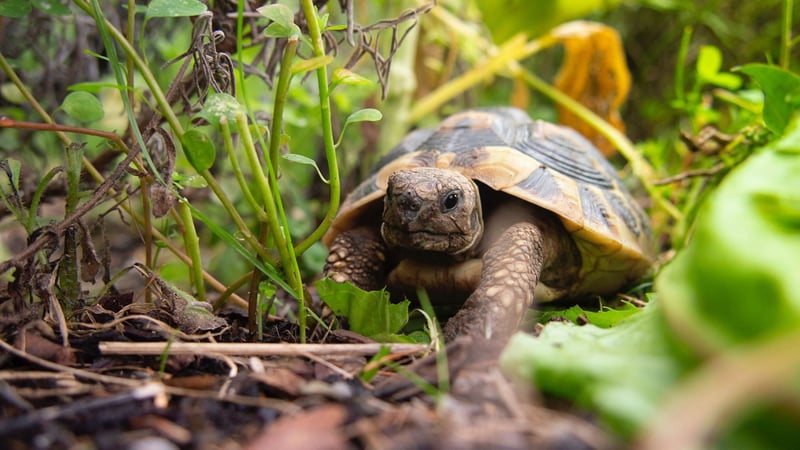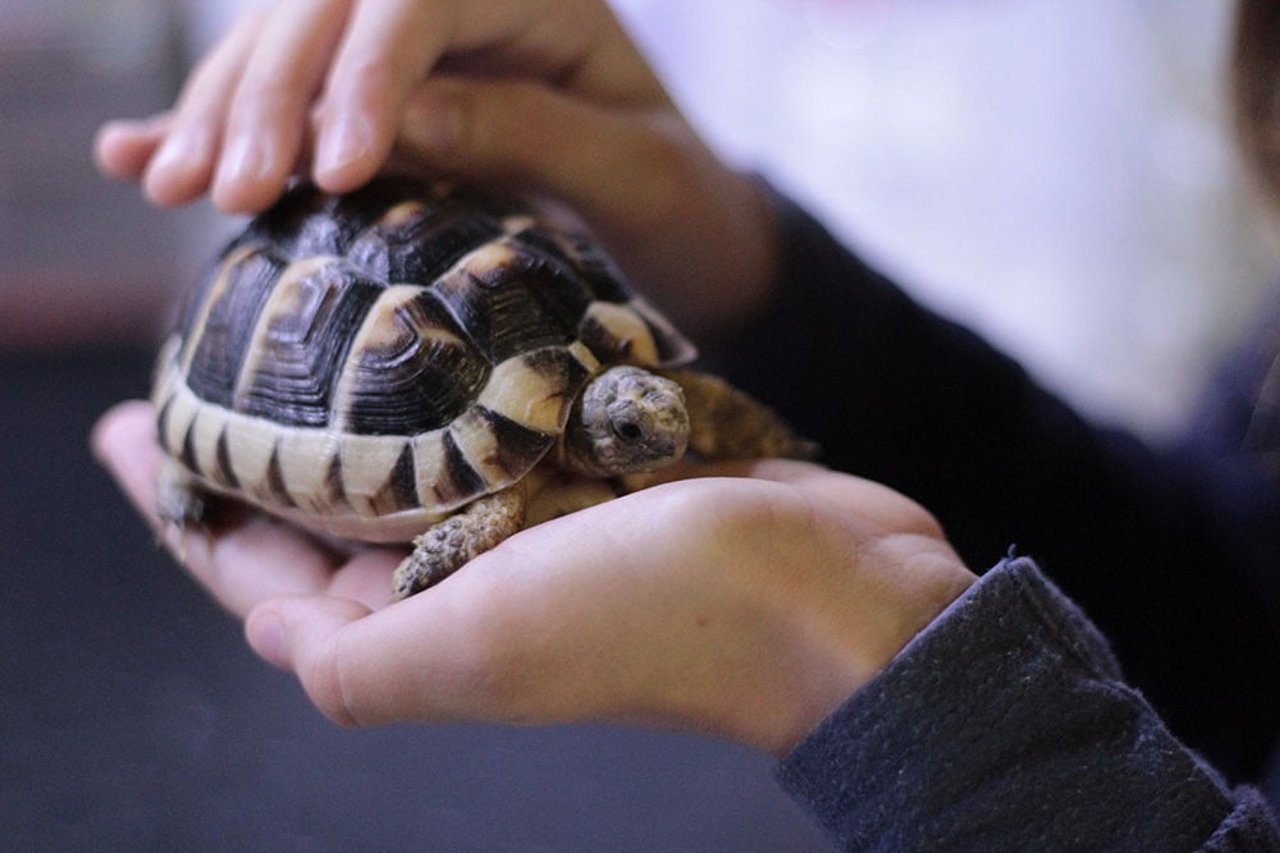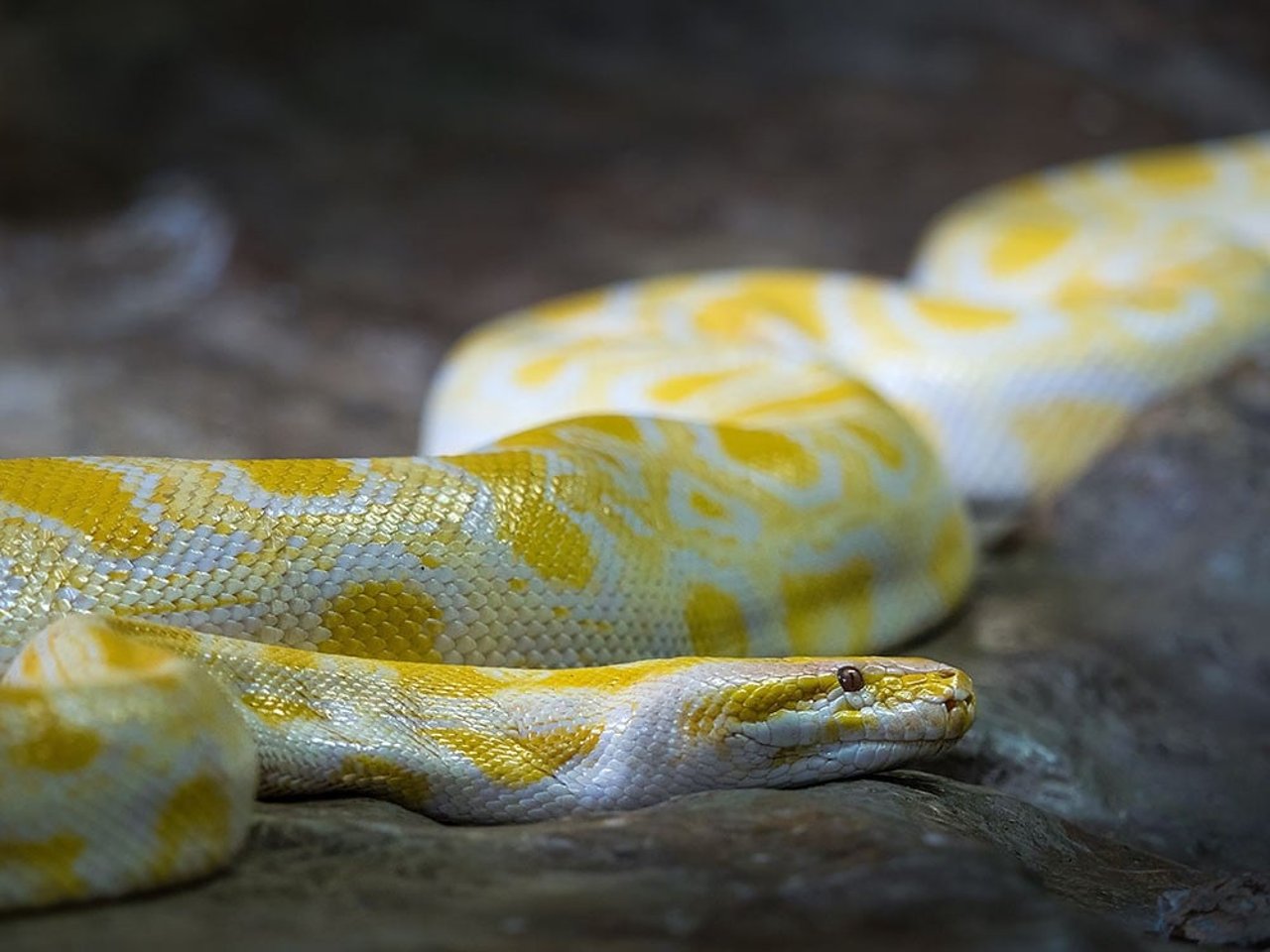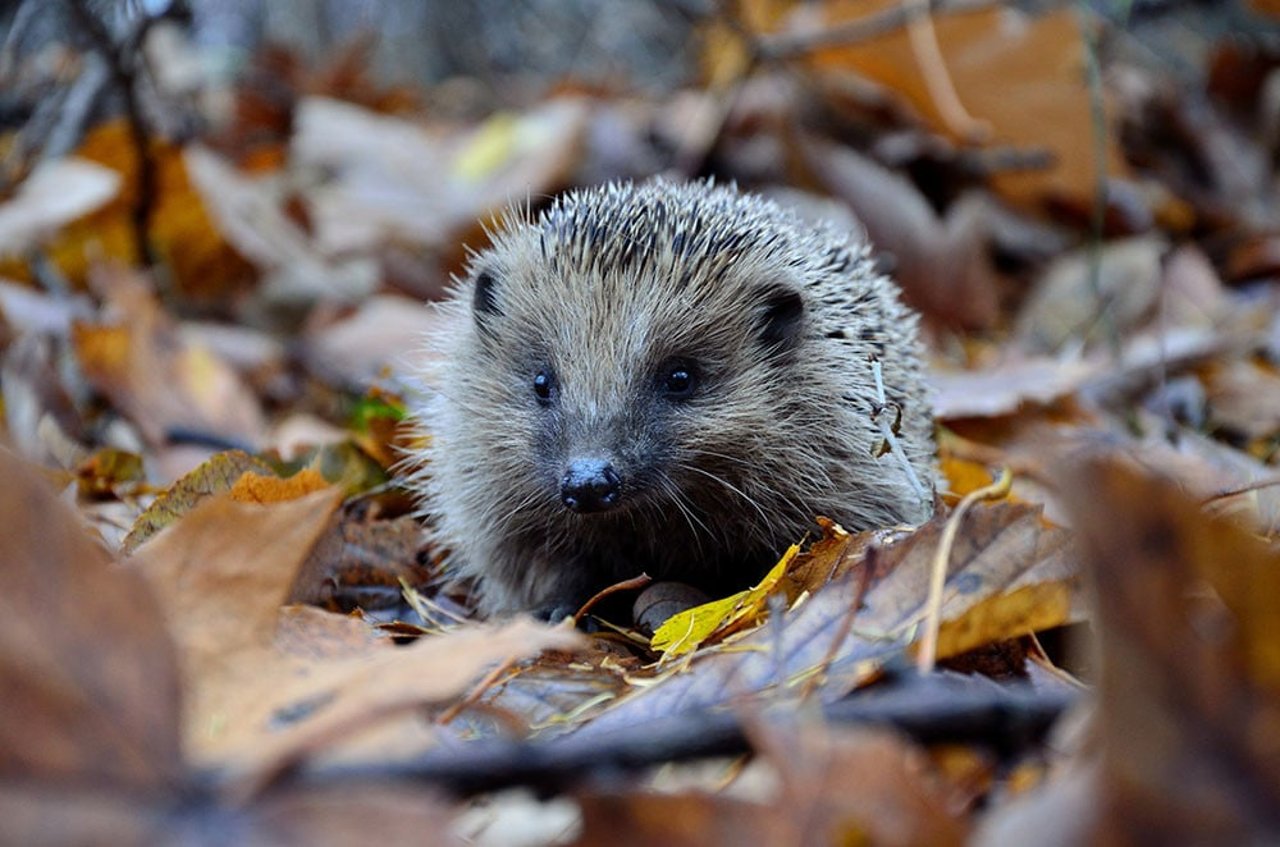
While everyone is worried about the 2019 coronavirus global outbreak and seasonal influenza, another dangerous health scare lurks under the surface: Salmonella bacteria infections spread by wild animals kept as pets
While everyone is worried about the 2019 coronavirus global outbreak and seasonal influenza, another dangerous health scare lurks under the surface: Salmonella bacteria infections spread by wild animals kept as pets.
On January 24, 2020, the Centers for Disease Control and Prevention (CDC) announced a new Salmonella bacteria outbreak linked to pet turtles. The July 2019 to December 2019 outbreak resulted in 34 infected people across nine states with 11 people hospitalized. This outbreak is different from one that the CDC announced on January 9, 2020. That outbreak occurred between May 2019 and October 2019 and also related to pet turtles. Twenty-six people fell ill across 14 states.
But these are not the only recent outbreaks in the United States linked to keeping wild animals as pets. Pet turtles, crested geckos, and bearded dragons were the sources of outbreaks that occurred in 2017, 2015, 2014, and 2013. In 2013, 437 people fell ill in 41 states, Washington, D.C., and Puerto Rico.
Similarly, in December 2019, the Public Health Agency of Canada announced a Salmonella bacteria outbreak that affected 92 people between April 2017 and October 2019. Snakes and frozen rodents used to feed snakes were the sources of those infections.
Reptiles shed the Salmonella bacteria from their intestinal tract and carry it on their skin or shells. Harmless to reptiles, Salmonella bacteria infections in humans can cause stomach cramps, fever, and diarrhea, or infections in the blood, urine, bones, and joints. Many people are treated without hospitalization, while others require it. Salmonella infections can even lead to death, especially in small children and the elderly.
The so-called “exotic” pet industry is to blame for these outbreaks and illnesses. Turtles, snakes, geckos, bearded dragons, lizards, and other reptiles are wild animals who carry diseases, bacteria, and infections. Salmonella bacteria is just one of many zoonotic diseases, diseases that can jump from an animal to a human. These diseases place public health at risk.
And this is not a new problem. In 1975, the Food and Drug Administration banned the sale of turtles with a shell length less than four inches. This ban helped reduce the number of reptile-born Salmonella outbreaks. But those gains have been lost as the popularity of keeping turtles, and other reptiles, as pets has increased.
Reptiles are not the only source of these infections. Amphibians such as toads, frogs, and salamanders carry Salmonella bacteria. Hedgehogs also carry it. In 2013, pet hedgehogs were the source of a Salmonella bacteria outbreak. Twenty-six people fell ill in 12 states, and one person died.
As the popularity of keeping wild animals as pets increases in the United States, so to have the number of outbreaks from proximity to these animals. The number of future outbreaks is likely to increase if the population of these animals continues to expand.
To help prevent zoonotic diseases such as Salmonella bacteria from spreading, do not support or contribute to the wild pet industry. Snakes, turtles, lizards, and hedgehogs are wild animals who do not belong in homes, malls, shopping centers, or classrooms. For the sake of the animals and the sake of your health, please leave wild animals in the wild.
Learn more about our work to end the wild pet trade and take action by signing our #AnimalsNotProducts Pledge now.


